LATEST INSIGHTS
Your Present Location: LATEST INSIGHTS-
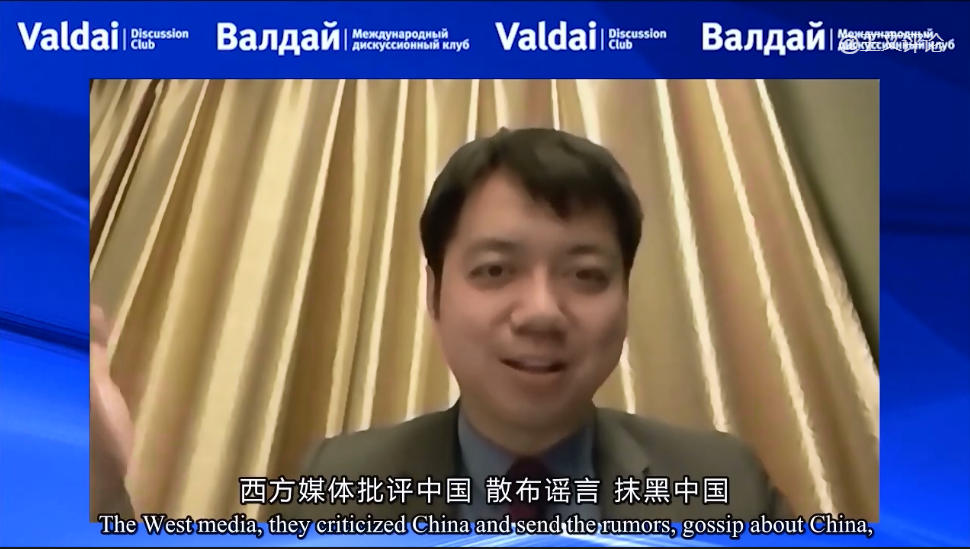
【Valdai Club】Wang Wen: China don't want to be the new hegemony instead of United States
China don't want to be the new hegemony instead of United States.
2020-12-16 -
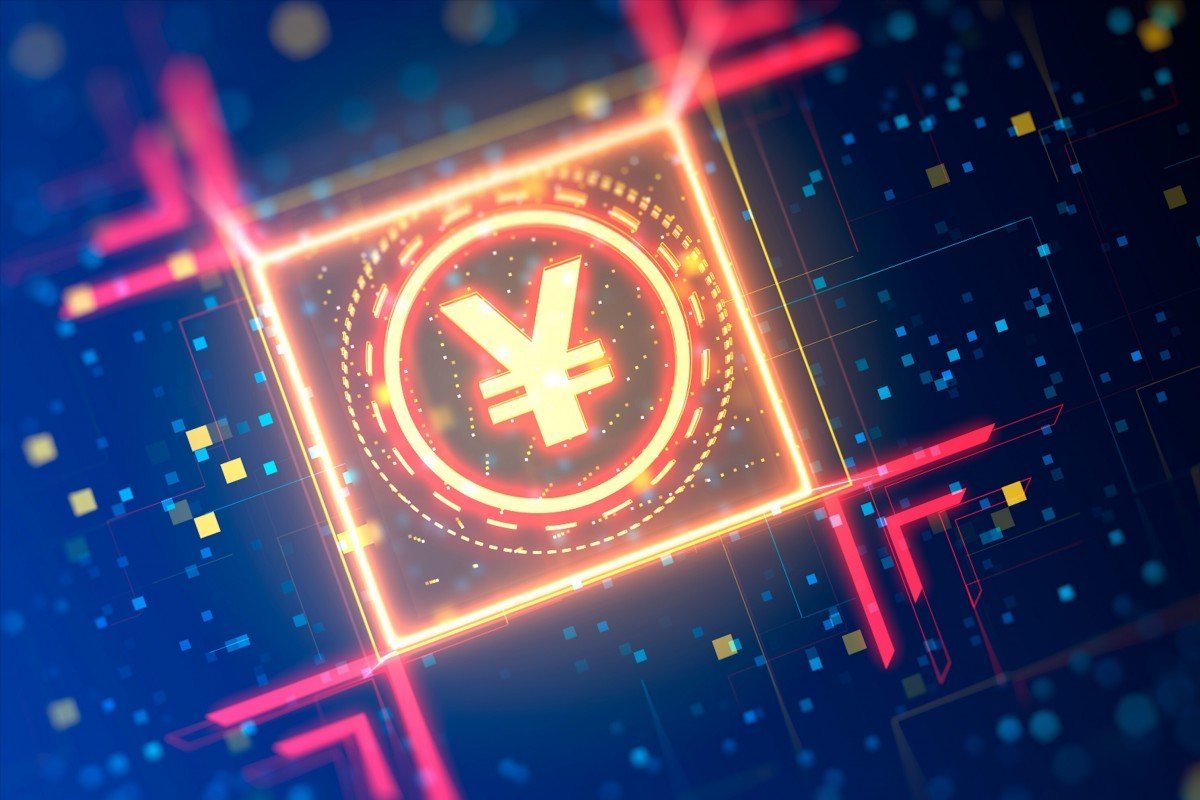
Economic operation data released in the first 11 months, a number of indicators rose to the best this year
Liu Dian, an assistant researcher at the Chongyang Institute of Finance of Renmin University of China, believes that the basic foreign trade market can remain stable and play an important role in supporting the steady recovery of my country's economy in a situation where the global production supply chain is blocked and the downward pressure on the international economy is increasing.
2020-12-16 -

Wang Wen: Many hard lessons ahead in great green economy gambit
A global battle for a green and low-carbon economy is quietly taking place. This is yet another big 2020 event that could not have been anticipated.
2020-12-15 -
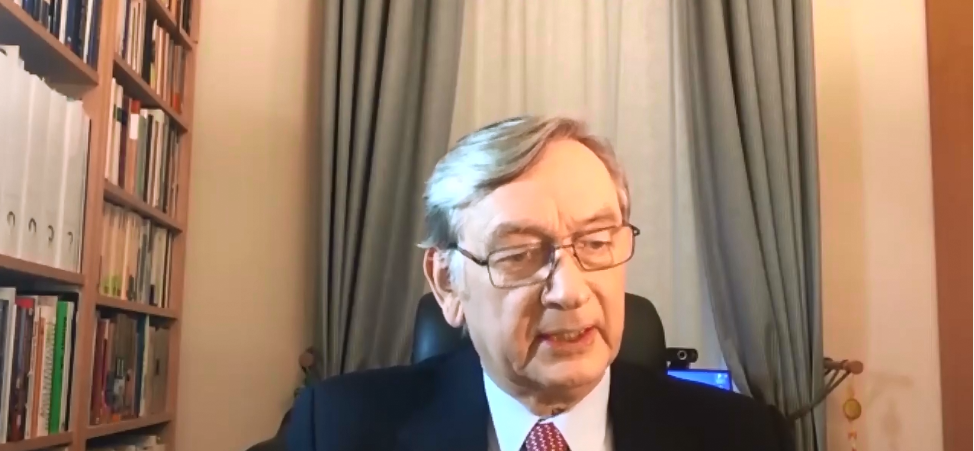
Former President of Slovenia Danilo Türk:The commitments made by China to UN Millennium Development Goals marked the begining of a new eara of intensive presence of China
The commitments made by China to UN Millennium Development Goals marked the begining of a new eara of intensive presence of China.
2020-12-15 -
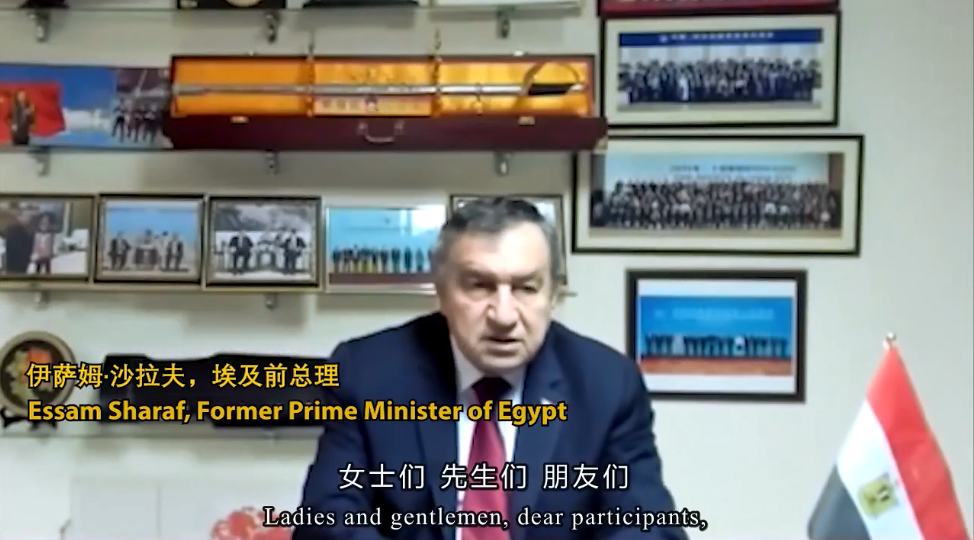
Former Prime Minister of Egypt Essam Sharaf: The link between China and the world is Belt and Road Initiative
The link between China and the world is Belt and Road Initiative
2020-12-15 -

Third index provider removes Chinese firms, won't hurt nation's economy
Such moves will be a short-term trend, which will restrict the listings of top Chinese technology companies on the US stock market, Dong Shaopeng, a senior research fellow at the Chongyang Institute for Financial Studies of Renmin University of China, told the Global Times on Sunday."Chinese companies with advanced scientific and technological assets will lose their ability to get listed in the US," Dong acknowledged, "but the harm will be limited. China's economy and military development will not be affected by the US sanctions or its misbehavior."
2020-12-14 -

Vijay Prashad: Even the Opposition Believes Venezuela’s Election Was Legitimate
Before the National Assembly elections on December 6 in Venezuela, the United States government began a campaign to delegitimize the process. The U.S. government sanctioned the head of the National Electoral Council (CNE) and members of the opposition who had decided to run in the election. Just hours after the election, both the U.S. government and the European Union—as well as their allies in Latin America—announced, predictably, that the elections had been fraudulent. They did not need evidence; they did not need anything except the reiteration of the simple line that an election in a country whose government challenges U.S. authority cannot be legitimate in any way.
2020-12-14 -
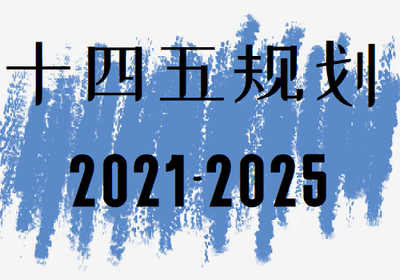
【2020-12-14】China’s New Development Paradigm and High-Quality Belt and Road Cooperation ——Silk Road Think Tank Association International Webinar
China’s New Development Paradigm and High-Quality Belt and Road Cooperation——Silk Road Think Tank Association International Webinar-Agenda
2020-12-14 -
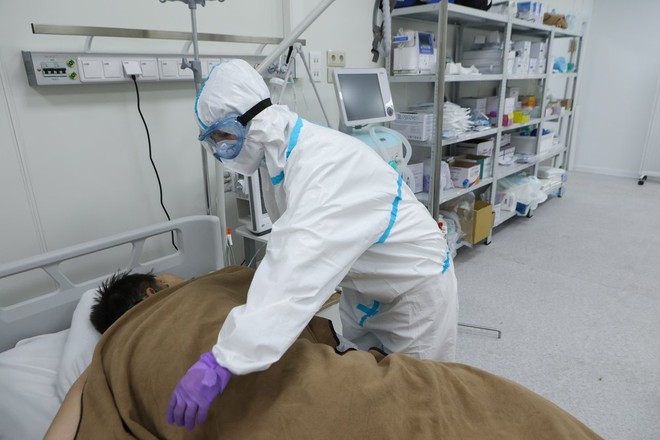
Chinese expert evaluates fight against pandemic in Russia
The pandemic will help Russia and China to increase cooperation in the field of medicine, Wang Wen, the executive dean of Chongyang Institute for Financial Studies and vice president of Silk Road School, Renmin University of China (RUC), told NEWS.ru on the sidelines of the 11th Asian Conference of the Valdai Club, titled “Russia and Asia After the Pandemic.”
2020-12-11 -
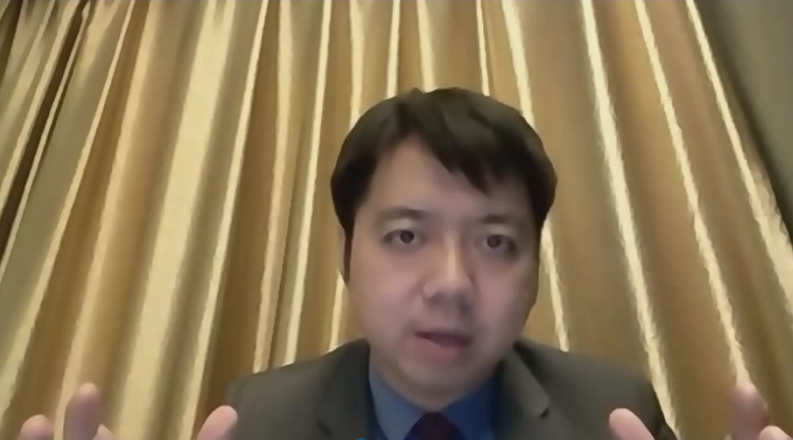
Renewed Twist for a New East
The tactical tasks of adapting Russia to the new situation are directly related to the current crisis: a “turn to the East” is necessary for the transition from economic recession to growth. In this regard, the most important task is to restore and increase the volume of Russian-Asian trade. However, these tactical issues have little to do with macro trends and their solution will not ensure the long-term and successful involvement of Russia in the new Asia, writes Anastasia Likhacheva, Director of the Centre for Comprehensive European and International Studies (CCEIS) of the Higher School of Economics, who participated in the 11th Valdai Club Asian Conference.
2020-12-11 -
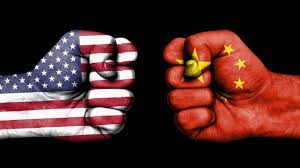
China-US trade talks to remain in focus as Biden picks trade rep
Following weeks of speculation over US president-elect Joe Biden's stance toward China-US trade ties, with a lingering bruising trade war hanging overhead, a still-elusive but emerging image of the new US administration's approach is slowly taking shape, as Biden continues to form his trade team that will primarily handle China-related issues, with the latest move being naming a Chinese-American trade lawyer as his top trade envoy.
2020-12-11 -
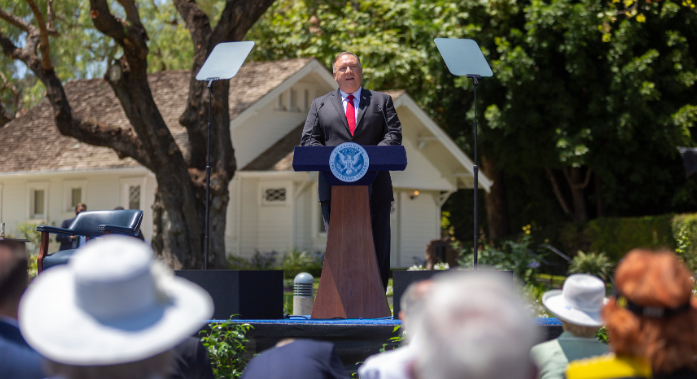
William Jones:Pompeo maintains scorched earth policy against China
The recent decision by the U.S. State Department to impose sanctions against 14 vice chairpersons of China's prestigious National People's Congress' Standing Committee is the latest – and most egregious – measure by the messianic Secretary of State Mike Pompeo to bring the U.S.-China relationship to the lowest level possible and restrict any attempted revival of a stable relationship in the next administration. The measure is totally unprecedented. Preventing top officials of a foreign government from visiting the United States (only a part of the sanctions) is really only something one would do with a country with which one was intent on breaking relations with, or in preparation for war.
2020-12-10 -
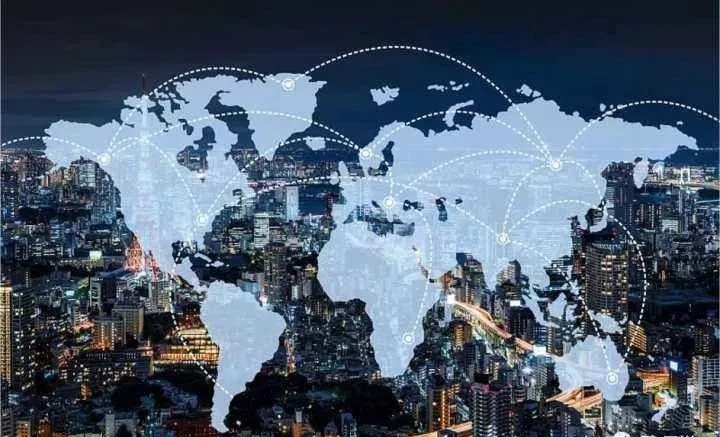
Nation to share more benefits with world
2020-12-10 -
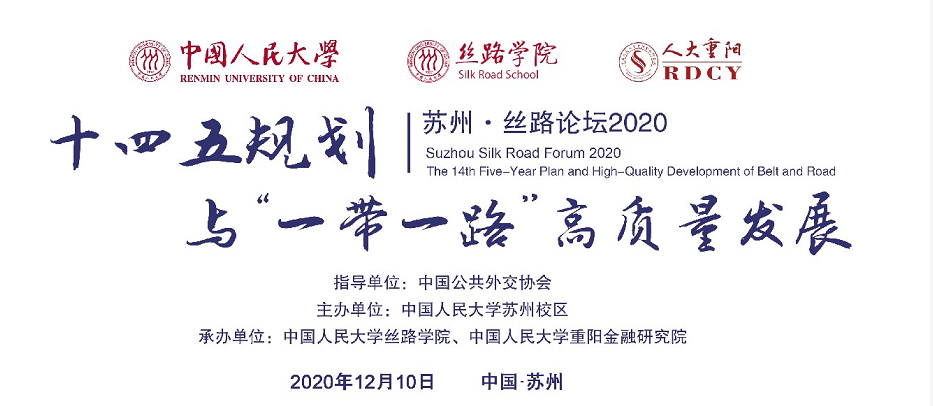
【2020-12-10】Suzhou Silk Road Forum 2020 The 14th Five-Year Plan and High-Quality Development of Belt and Road
Suzhou Silk Road Forum 2020
The 14th Five-Year Plan and High-Quality Development of Belt and Road
December 10, 2020 Suzhou, China2020-12-10 -

Officials to check on China's economic pulse in upcoming conference
Chinese government officials are set to convene and discuss the country's economic performance at this year's Central Economic Work Conference, an annual meeting expected to be held in Beijing this month that also helps chart the course for the year ahead. Discussions at this year's meeting are expected to center around China's gradual recovery from the COVID-19 pandemic and its economic goals in its latest Five-Year Plan.
2020-12-10 -

Zhang Jingwei: Ma Shou went home at the end of the 13th year, and the cultural relics are still on the way, and should not be used as a tool for looting
Although the horse head went home, the dragon head, The whereabouts of the bronze statues of snake, sheep, chicken and dog heads are still unknown. In this regard, Xinhua News Agency emphasized that no matter how high the mountain is, no matter how difficult the road is, we are willing to find them and take them home with the efforts of one generation and several generations in ten or several decades!
2020-12-09 -

Nation strives ahead toward high-income target
John Ross, a senior fellow at the Chongyang Institute for Financial Studies at Renmin University of China in Beijing, said he expects China to meet the target comfortably and show developing countries worldwide what is possible.
2020-12-09 -

China's Plan For Int'l Health QR Code Does Not Require Using Single Platform - Beijing
China's call for creation a globally recognized health certificates aimed at fast-tracking international travel prescribes the use internationally accepted QR codes, and does not require using a single platform or connecting databases of different countries, the press service of the Chinese Foreign Ministry told Sputnik.
2020-12-09 -

Zhao Minghao: Travesty to tarnish normal defense moves as wolf warrior diplomacy
Australian Prime Minister Scott Morrison's overreaction toward a tweet by Chinese Foreign Ministry spokesperson Zhao Lijian has plunged China-Australia relations into a new predicament. Some Westerners believe this is another embodiment of the so-called China's wolf warrior diplomacy. Such clichés of accusations divert people's attention away from Beijing's profound foreign policy adjustments - China is taking the strategy of offensive defense to safeguard its national interests in the face of collective malicious attacks from Western countries.
2020-12-08 -

UK index firm follows White House; financial ‘cold war’ will backfire
UK-based index provider FTSE Russell announced the removal of shares of eight Chinese firms which have been blacklisted by the White House. Market concerns have been raised that it may signal a financial cold war as some financial institutions follow the Trump-led US authority to irrationally politicize economic or financial operations.
2020-12-08
























































































 京公网安备 11010802037854号
京公网安备 11010802037854号





